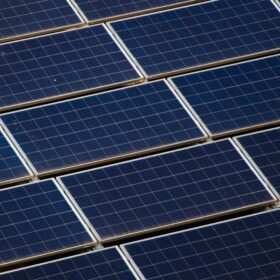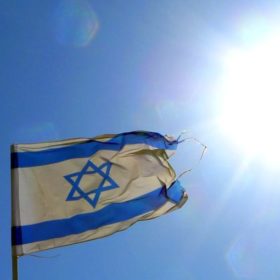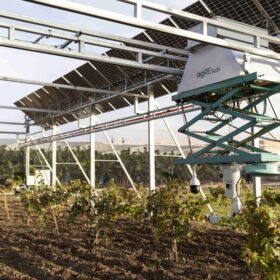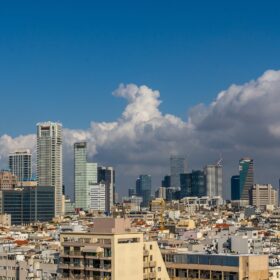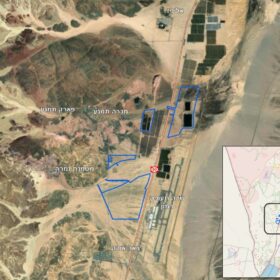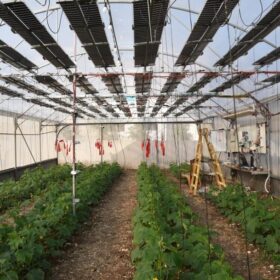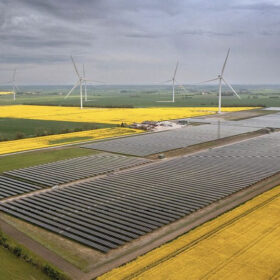Israel’s N2OFF enters solar business
Agri-food tech specialist N2OFF says it has entered the PV business by lending €375,000 ($407,000) to Israeli PV developer Solterra Renewable Energy. The loan is part of a larger €500,000 agreement, with the remaining €125,000 to come from other parties.
EDF wins Israeli PV tender with bid of $0.019/kWh
EDF has won an Israeli solar tender with a bid of $0.019/kWh, securing a 100 MW project to sell energy at a record price of ILS 0.07 ($0.02)/kWh.
EDF invests in Israeli robotic agrivoltaics startup
AgRE.tech, which is developing a robotic operating system for existing photovoltaic infrastructure, has raised $2 million from EDF and Zemach Regional Industries. The company says it will soon set up commercial fields.
Israeli startup launches agrivoltaic pilot in desert with double-axis sun tracking
Agri-Light has launched its first pilot agrivoltaic project, using a two-axis solar installation on a rail system to move solar panels horizontally above a vineyard in the Negev Desert. The results are due this summer, and the company plans to build commercial projects in Israel and Spain next year.
CATL signs 4 GWh supply deal with Israel’s BLEnergy
Chinese battery manufacturer CATL is expanding its presence in the Middle East and Europe via a 4 GWh long-term supply agreement with Israeli integrator BLEnergy.
Israel to provide incentives for hybrid solar inverters
Israel’s Ministry of Energy says it will exempt hybrid solar inverters from purchase tax and customs duties. It claims that these policy mechanisms will help during energy emergencies.
Crop-responsive PV tracking system for greenhouses
An international consortium led by Israel-based Al-Zahrawi Society announced the first European installations of a multi-year project to test crop-responsive PV systems combined with carbon dioxide enrichment in greenhouses.
Israel to deploy 250 MW of floating solar, agrivoltaics
The Israeli authorities have proposed a plan to deploy 250 MW of floating solar and agrivoltaics through four PV plants in the Negev Desert near Ramon Airport.
Agrivoltaics for cucumbers
Scientists in Israel have tested three different PV technologies to power a greenhouse hosting 400 cucumber seedlings. Their analysis has revealed that the PV module cover on the greenhouse’s roof has a “negligible” impact on crop yield, but they also noted that the greenhouse cover’s spectral transmittance and accumulated dust may negatively affect solar module performance.
Attica-Crete leg of Mediterranean super grid due mid 2025
Greece has grand plans for an interconnector network that runs from the Middle East through to the heart of Europe. pv magazine examines the latest developments on the road to a Mediterranean super grid and what it might mean for the regions involved.
